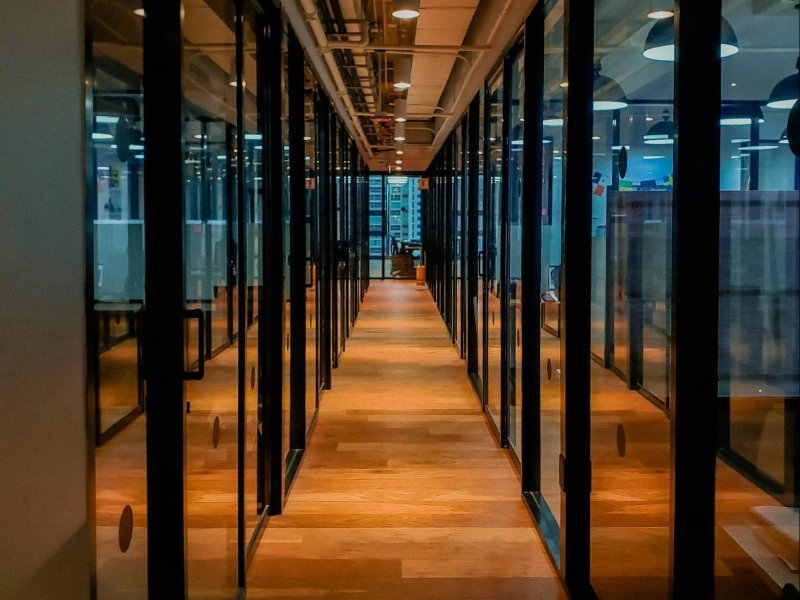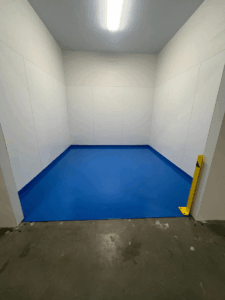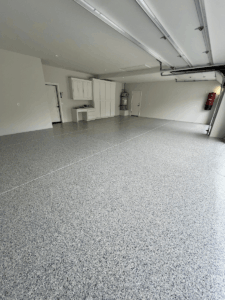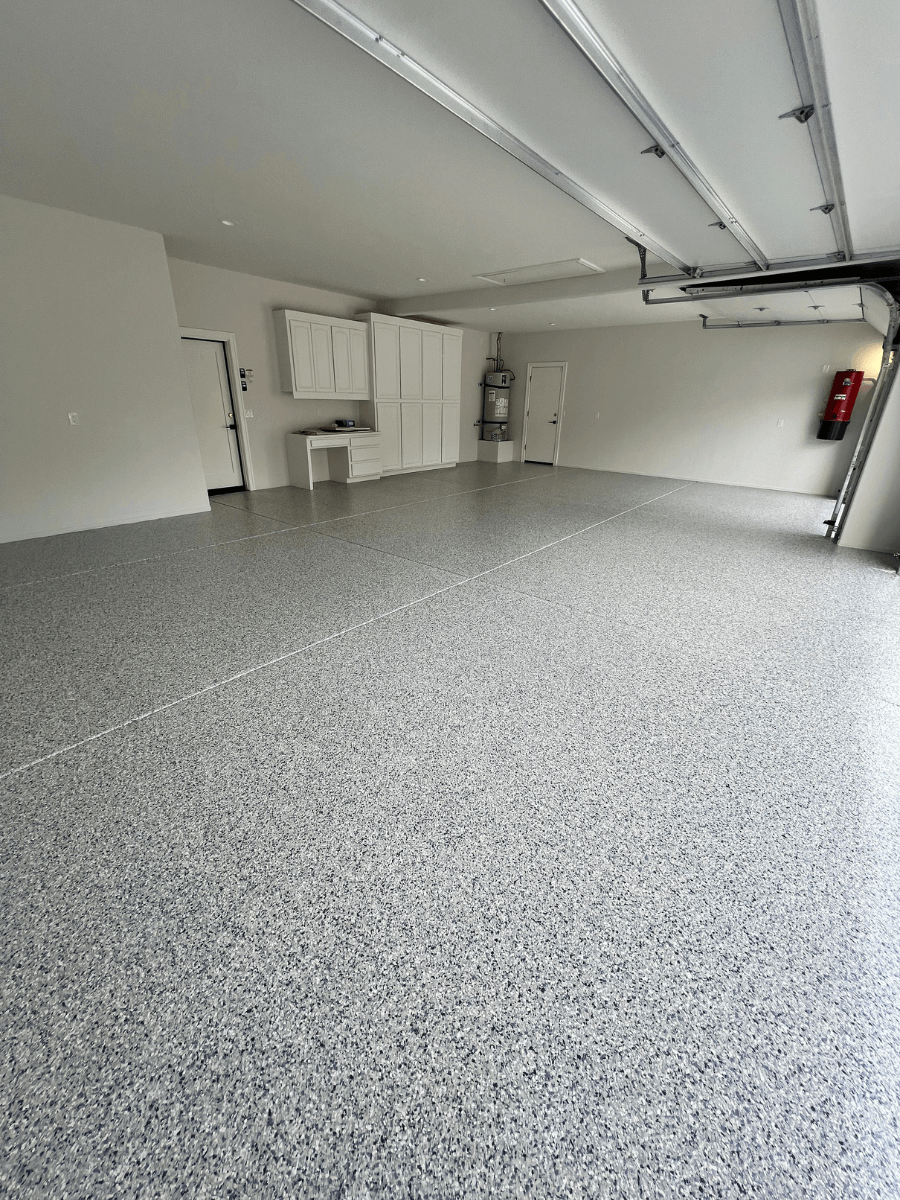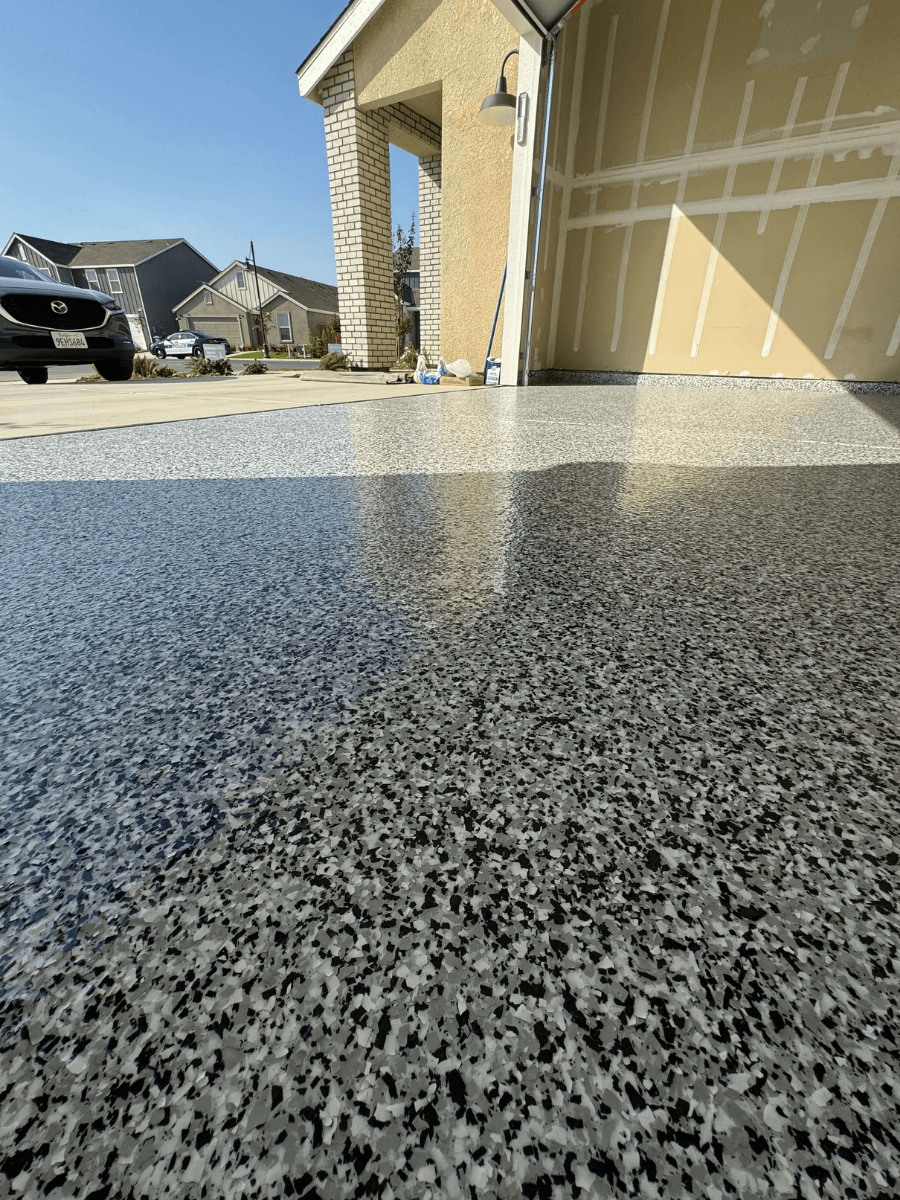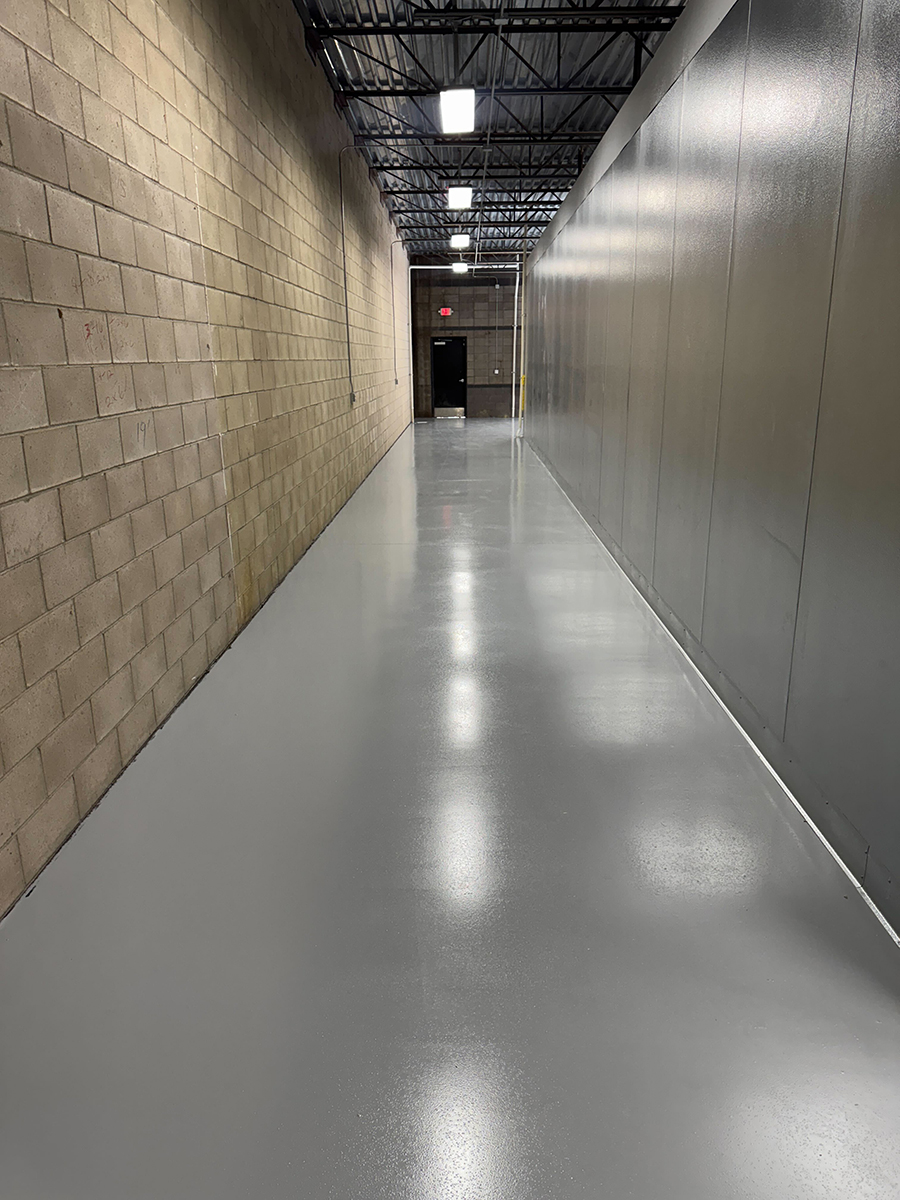Selecting the appropriate floor coating for an office environment is more than just an aesthetic decision; it’s about choosing a solution that will stand up to daily wear, promote a safe and clean environment, and reflect the professionalism of the business. With numerous options available, it can be challenging to determine which floor coating is best suited for your office space. This article explores the key factors to consider when choosing an office floor coating to ensure that you make an informed decision.
Durability and Longevity
One of the most critical factors to consider when choosing an office floor coating is durability. Office spaces typically experience high foot traffic, especially in common areas like lobbies, hallways, and conference rooms. The flooring must be able to withstand this constant use without showing signs of wear and tear too quickly.
Epoxy coatings are often favored for their durability, as they create a tough, resilient surface that can handle heavy foot traffic, office furniture, and even light machinery. Other options like polyurethane and polished concrete also offer excellent durability, making them suitable for office environments.
Longevity is closely related to durability. You want a floor coating that will last for many years without needing frequent repairs or replacement. Consider the long-term maintenance requirements of the coating you choose, as some options may require more upkeep to maintain their appearance and functionality over time.
Aesthetic Appeal
The appearance of your office floor can significantly impact the overall look and feel of your workspace. A well-chosen floor coating can enhance the aesthetic appeal of your office, creating a professional and inviting atmosphere for both employees and visitors.
When selecting a floor coating, consider how it aligns with your company’s brand and interior design. For example, a high-gloss epoxy coating can give a modern, sleek look that might be ideal for tech companies or creative agencies. On the other hand, a matte finish or natural-looking polished concrete might better suit a more traditional or minimalist office design.
Color is another important consideration. Light-colored coatings can make a space feel larger and more open, while darker tones can create a more sophisticated or cozy environment. Some coatings also offer the option of adding decorative elements, such as colored flakes or metallic finishes, which can add a unique touch to your office space.
Safety and Slip Resistance
Safety is a top priority in any workplace, and the choice of floor coating can play a significant role in preventing accidents. Office floors can become slippery, especially in areas where spills might occur or where the floor is frequently cleaned.
According to Young Upstarts, it is best to look for floor coatings that offer slip resistance. Many epoxy and polyurethane coatings can be modified with additives to increase their slip-resistant properties, reducing the risk of slips and falls. This is particularly important in areas such as entrances, kitchens, and bathrooms, where moisture may be present.
In addition to slip resistance, consider how the floor coating will contribute to overall safety. For example, coatings that are resistant to chemicals, stains, and fire can provide an extra layer of protection in case of accidents.
Ease of Maintenance
Maintenance is another key consideration when selecting a floor coating for an office. In a busy work environment, it’s important to choose a coating that is easy to clean and maintain, ensuring that the floor remains in good condition with minimal effort.
Epoxy coatings are known for being low-maintenance, as they are non-porous and resistant to stains, making them easy to wipe down and keep clean. Polished concrete also offers a low-maintenance option, requiring only regular sweeping and occasional mopping to maintain its appearance.
Consider the cleaning procedures and frequency of maintenance required for each type of coating. Some coatings may require periodic resealing or buffing to keep them looking their best, while others may simply need routine cleaning to stay in top condition.
Environmental Impact
As sustainability becomes an increasingly important consideration for businesses, the environmental impact of your flooring choice should not be overlooked. Some floor coatings are more environmentally friendly than others, using fewer harmful chemicals and generating less waste during installation.
Look for coatings that are low in volatile organic compounds (VOCs), as these can contribute to indoor air pollution and negatively impact the health of employees. Water-based coatings are typically a greener option compared to solvent-based ones.
Additionally, consider the lifecycle of the floor coating. Durable coatings that last longer reduce the need for frequent replacement, which in turn reduces the environmental impact associated with manufacturing, transporting, and installing new flooring materials.
Cost and Budget Considerations
Cost is always a significant factor when choosing a floor coating. The price of different coatings can vary widely depending on the material, thickness, and installation process. It’s important to balance the upfront cost with the long-term value that the coating will provide.
While epoxy and polyurethane coatings may have a higher initial cost compared to other options like vinyl or carpet, their durability, and low maintenance requirements can make them a more cost-effective choice in the long run. Consider the total cost of ownership, including installation, maintenance, and potential replacement costs over time.
It’s also worth considering the potential impact on property value. High-quality, durable floor coatings can enhance the value of your office space, making it a more attractive option for future tenants or buyers.
Installation Time and Disruption
Finally, consider the installation process and how it will impact your business operations. Some floor coatings require longer installation and curing times, which can disrupt normal office activities. If minimizing downtime is a priority, look for coatings that offer quicker installation and curing times.
Epoxy coatings, for example, typically require multiple layers and curing time between each layer, which can extend the installation process. However, fast-curing options are available for businesses that need to resume operations quickly. Make sure to discuss installation timelines with your contractor to choose a coating that fits your schedule and minimizes disruption.
Conclusion
Choosing the right floor coating for your office involves careful consideration of several factors, including durability, aesthetics, safety, maintenance, environmental impact, cost, and installation. By taking the time to evaluate these aspects, you can select a floor coating that not only meets the functional needs of your office but also enhances its overall appearance and contributes to a safe, productive work environment. Investing in the right floor coating is an investment in the long-term success and professionalism of your business.
Contact Husky Coatings now for a free estimate!


